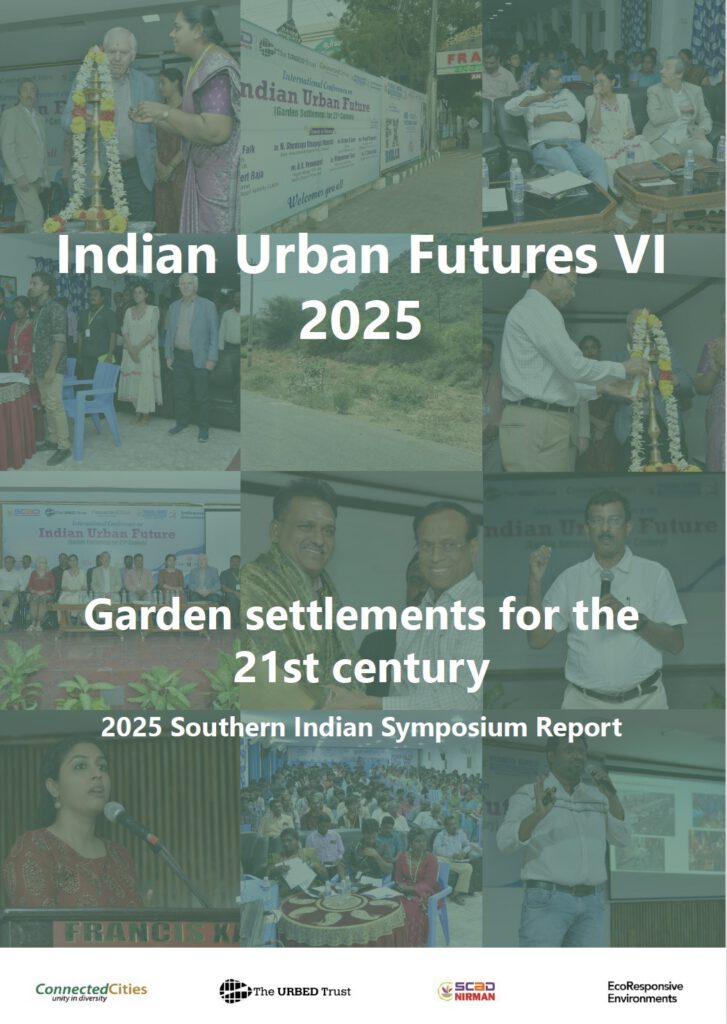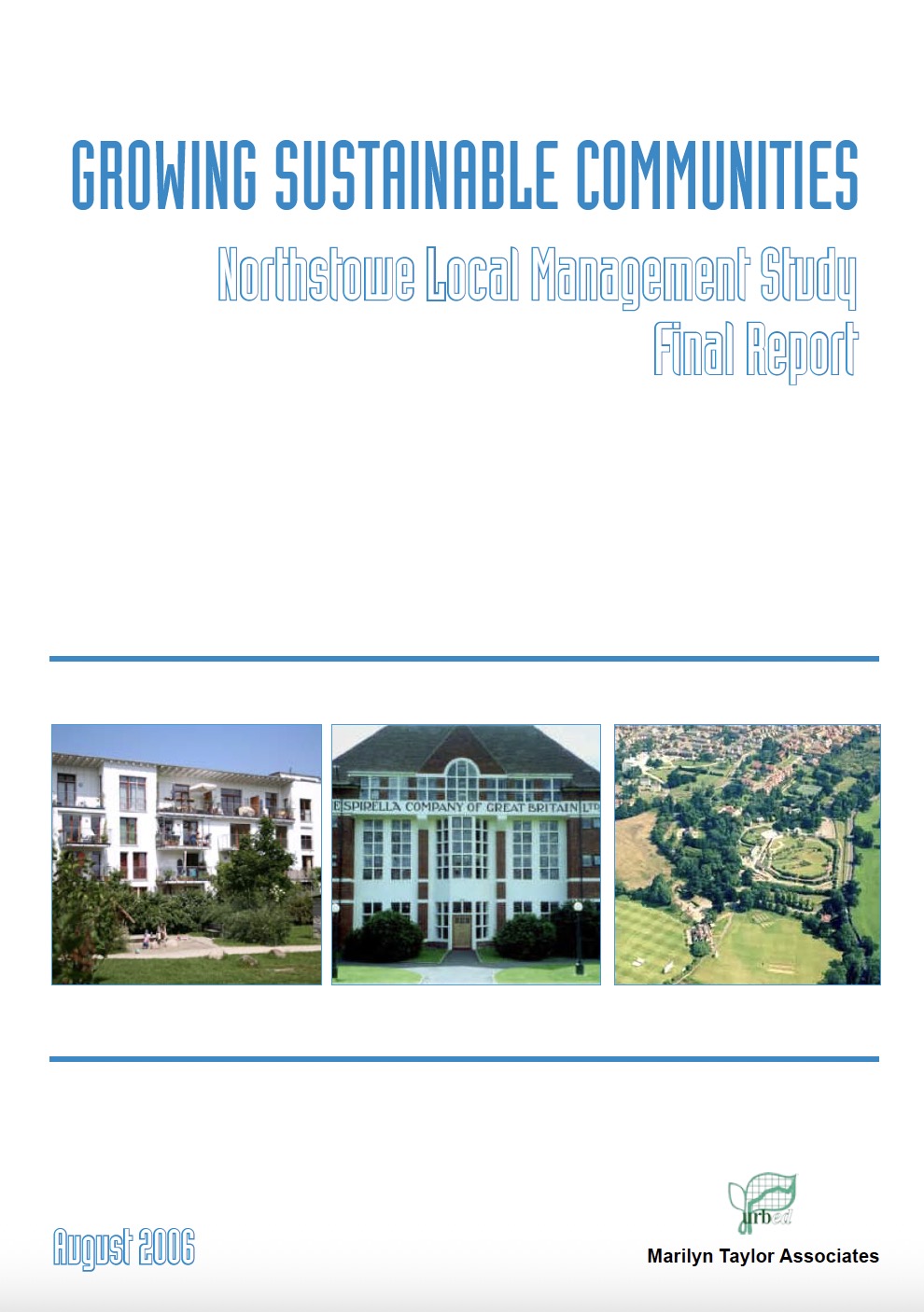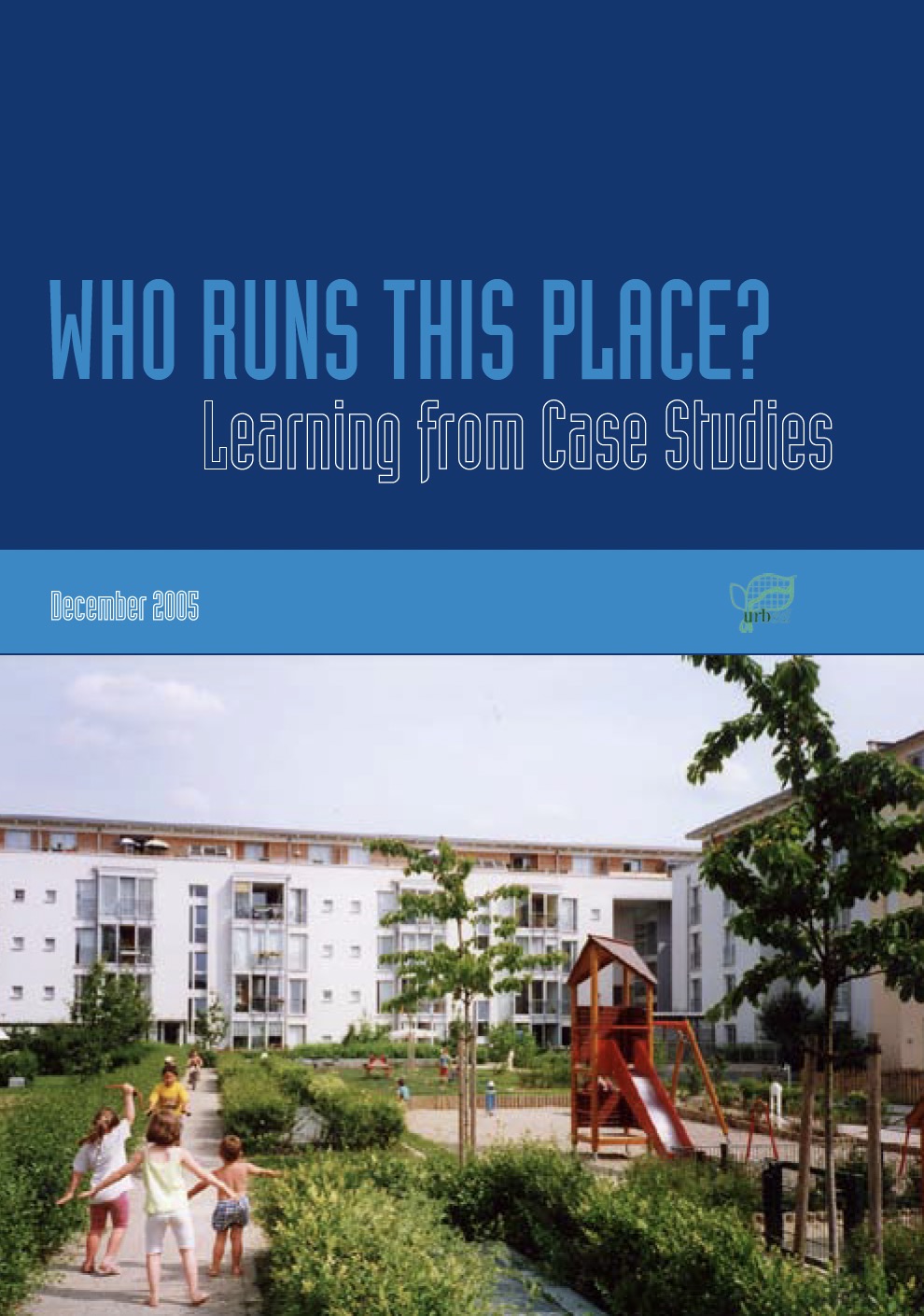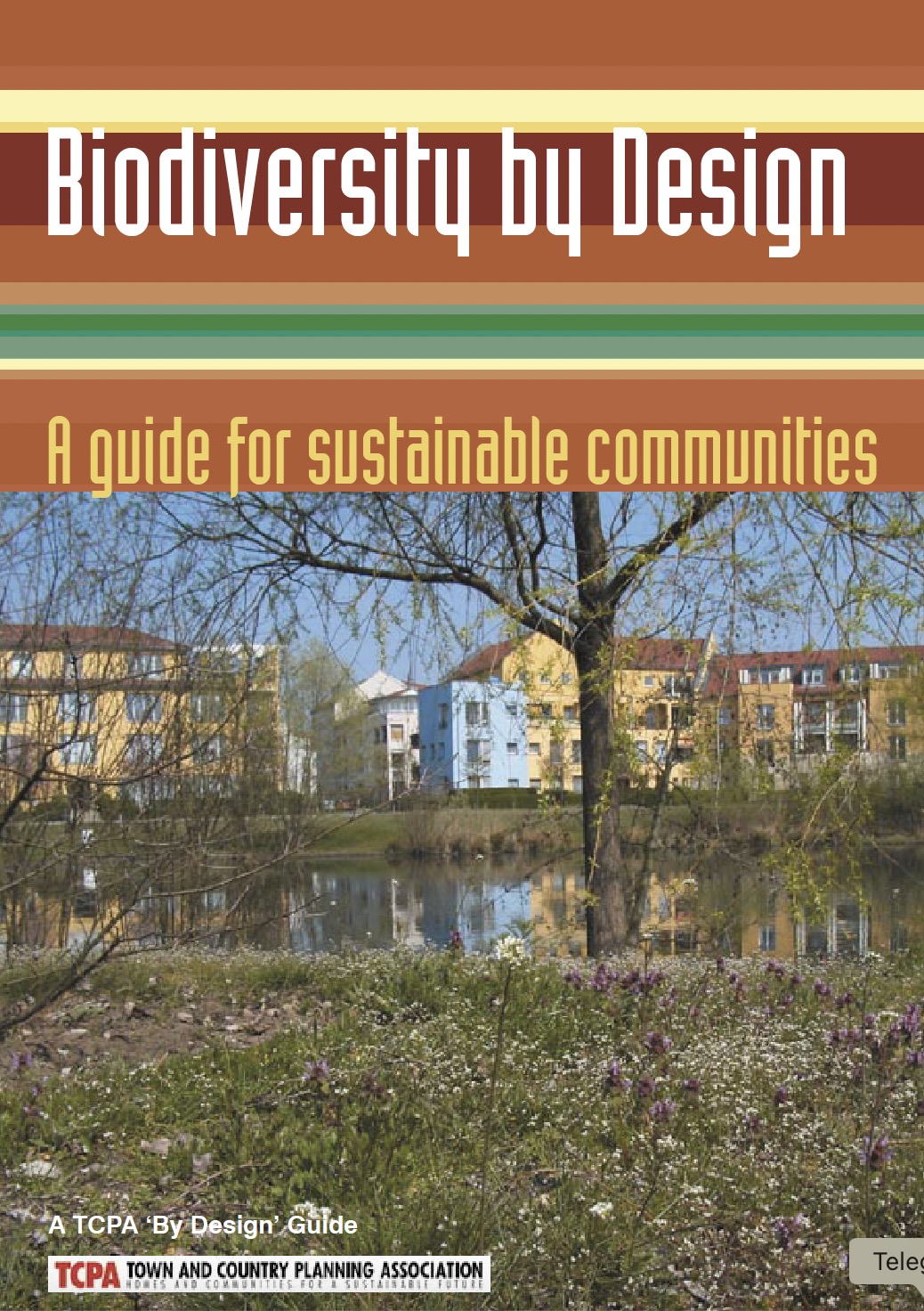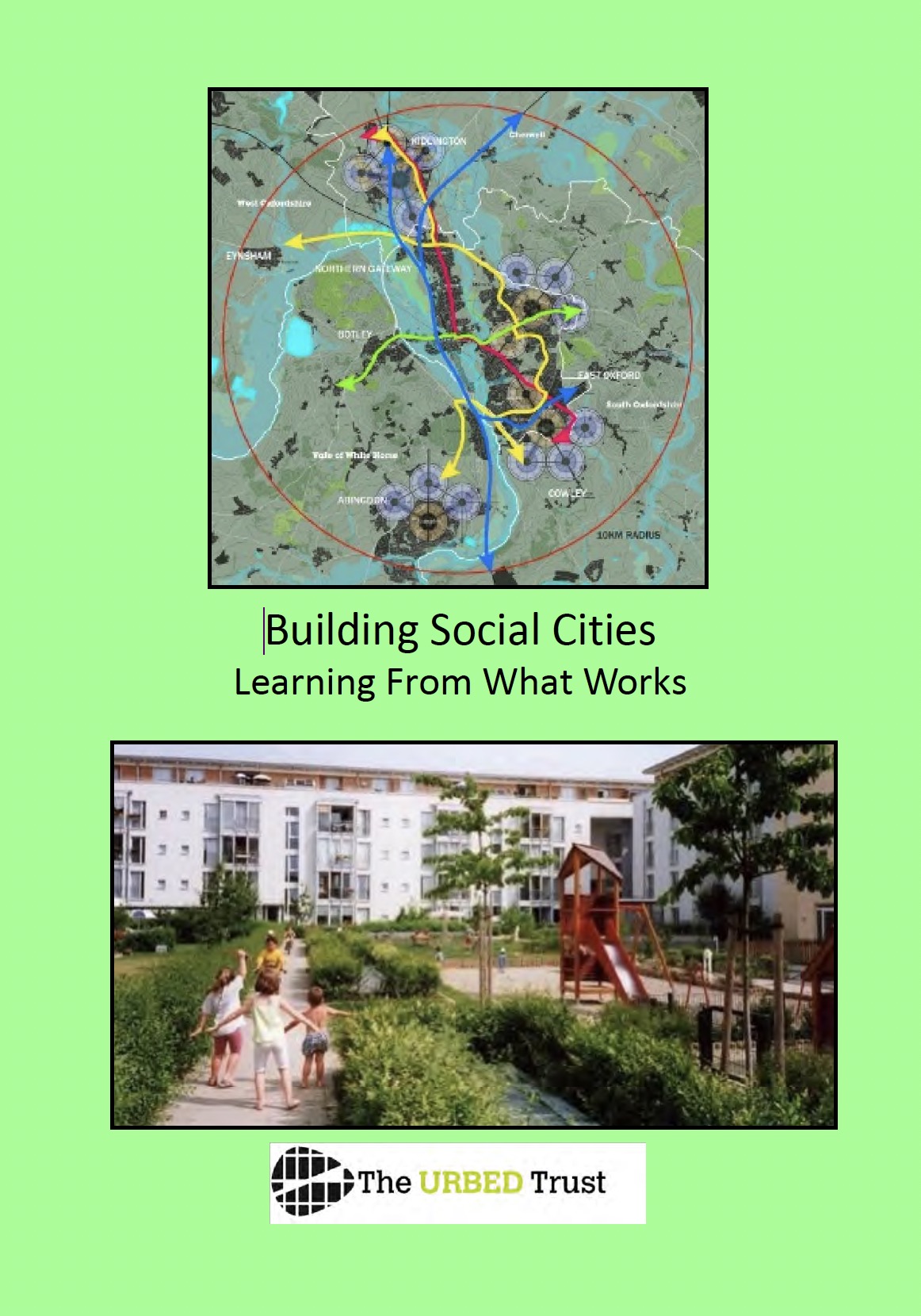The report of the conference produced by Prachi Rampuria and Nicholas Falk summarises the ten presentations. It calls for action on developing pilot projects, enabling shared learning, and creating cross-national partnerships. For more information contact Prachi Rampuria.
A number of the presentations are available to watch on the URBED Trust YouTube channel:
The report from the Indian Urban Futures VI symposium emphasises the importance of sustainable urban growth in Southern India through the development of garden settlements. Speakers highlighted the need to avoid the negative impacts of unplanned urban sprawl by implementing carefully planned, community-oriented developments that integrate green spaces and ecological considerations.
Conceptual approaches such as development around railway stations, inspired by Ebenezer Howard’s Garden City ideas, were presented as effective strategies to promote walkability, reduce pollution, and curb excessive densification. The event underscored the role of community-led initiatives, exemplified by groups like SCAD, in transforming local environments and promoting ecological sustainability through projects like water harvesting and greening efforts.
The symposium called for increased capacity in urban planning and tailored, context-specific solutions that recognise India’s unique social and environmental challenges. Overall, it advocates for innovative, nature-based approaches to create resilient, healthy, and liveable urban spaces for future generations.

